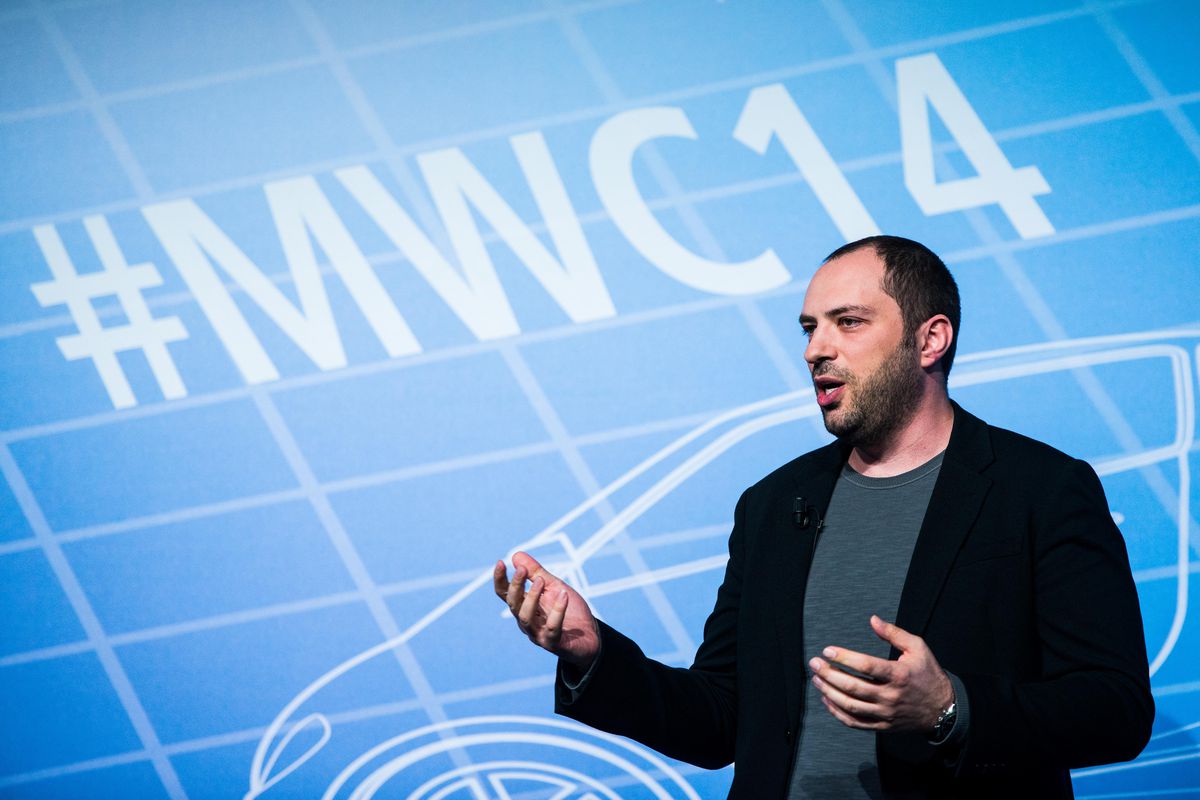WhatsApp cofounder leaves Facebook
May 1, 2018 | Expert Insights

WhatsApp co-founder Jan Koum has announced his departure from Facebook. Facebook, which acquired WhatsApp in 2014, is currently embroiled in controversy over data use and privacy issues. Koum is one of three executives on Facebook’s board; the others are CEO Mark Zuckerberg, and COO Sheryl Sandberg.
Background
Established in 2009, WhatsApp Messenger is a free mobile app and multimedia instant messaging service. It was founded by Jan Koum and Brian Acton, and is headquartered in California. The app’s features include text messaging, voice calls, video calls, and media sharing. The messaging service was acquired by Facebook for $19 billion in February 2014.
One of WhatsApp’s largest user bases is India, where it crossed 200 million monthly active users in 2017. As of February 2018, the app has 1.5 billion users worldwide, and is used extensively across Latin America and Europe. Approximately 60 billion messages are sent on the app every day. WhatsApp is well known among cryptographers for ensuring secure communication for its users and for providing end-to-end encryption. End-to-end encryption ensures that chat histories are only accessible by those participating in the conversation. The data is inaccessible even by service providers, the messaging service, or third parties.
However, critics of WhatsApp’s encryption system have pointed out that while WhatsApp may be encrypted, the app uses third-party services such as Google Drive and iCloud for storage, which are not as secure.
WhatsApp’s parent company, Facebook has repeatedly come under fire for privacy issues in recent years. Facebook’s business model, which is reliant on advertisements for revenue, has been criticised as well. Most recently, the company was brought into the spotlight for its involvement in the Cambridge Analytica data scandal. A data breach allowed the political consultancy and data mining firm access to the personal information of up to 87 million users.
Facebook CEO Mark Zuckerberg recently admitted that Facebook collects information even on those who are not registered users. Facebook has faced litigation in European courts due to this issue and is currently under investigation by the FTC. Belgium has banned the company from tracking non-users on third-party websites. Facebook has been fined by Spain for collecting, storing and using data without informed user consent.
Analysis
WhatsApp co-founder Jan Koum has announced his departure from Facebook. Koum, who grew up in Soviet Ukraine before he immigrated to California in 1992, has been a vocal advocate of free speech. In a 2014 blog post, Koum said that WhatsApp’s collaboration with Facebook would not affect its privacy standards. “Above all else, I want to make sure you understand how deeply I value the principle of private communication. For me, this is very personal,” Koum wrote. “The fact that we couldn’t speak freely without the fear that our communications would be monitored by KGB is in part why we moved to the United States when I was a teenager.”
Both Koum and his business partner and co-founder Brian Acton have opposed Facebook’s attempts to monetize the app through advertisements. In 2012 WhatsApp said that it did not want to be “just another ad clearinghouse” that “spends their day tuning data mining.” Earlier this year, following the Cambridge Analytica scandal, Acton tweeted, “#DeleteFacebook”.
In 2017, the EU fined Facebook for “providing incorrect or misleading information” on its WhatsApp acquisition. Facebook had previously claimed that it would not be able to access WhatsApp user data. However in 2016, it was announced that some WhatsApp data, including phone numbers, would be shared with Facebook. Facebook CEO Mark Zuckerberg commented on Koum’s resignation post, stating that WhatsApp taught him about the “ability to take power from centralized systems and put it back in people's hands. Those values will always be at the heart of WhatsApp.”
Counterpoint
In 2017 it was found that terrorist Khalid Masood, who killed 5 people outside the British Parliament, had used WhatsApp to communicate. UK Home Secretary Amber Rudd said that WhatsApp was “a place for terrorists to hide.” Facebook COO Sheryl Sandberg refuted this claim. She stated that while messages on WhatsApp are encrypted, message metadata is not. Therefore if a message is sent, “we don't know what that message says but we know you contacted me.” She added, “If people move off those encrypted services to go to encrypted services in countries that won't share the metadata, the government actually has less information, not more.”
Facebook and other social media have also come under fire for providing a platform for the spread of extremist content and terrorist propaganda. Other countries including Russia, have blocked counterparts such as Telegram for refusing to provide encryption keys. Telegram was also blocked in Iran, where secure messaging apps played an important role in coordinating anti-government protests late last year.
Assessment
Our assessment is that Facebook has shown notable reluctance to change its business model, which has been criticised for disregarding data privacy. Facebook may be trying to introduce this model to WhatsApp. As stated previously, we believe that in the current global climate, transparency is becoming increasingly important. Consumers have begun questioning the motives of companies that store and process big data. WhatsApp is currently known for its encryption and data privacy. If Facebook amends WhatsApp’s terms of use, this could change.








Comments